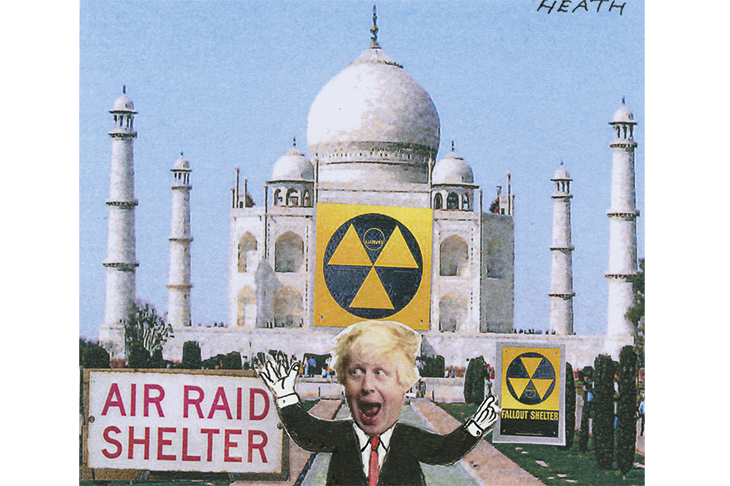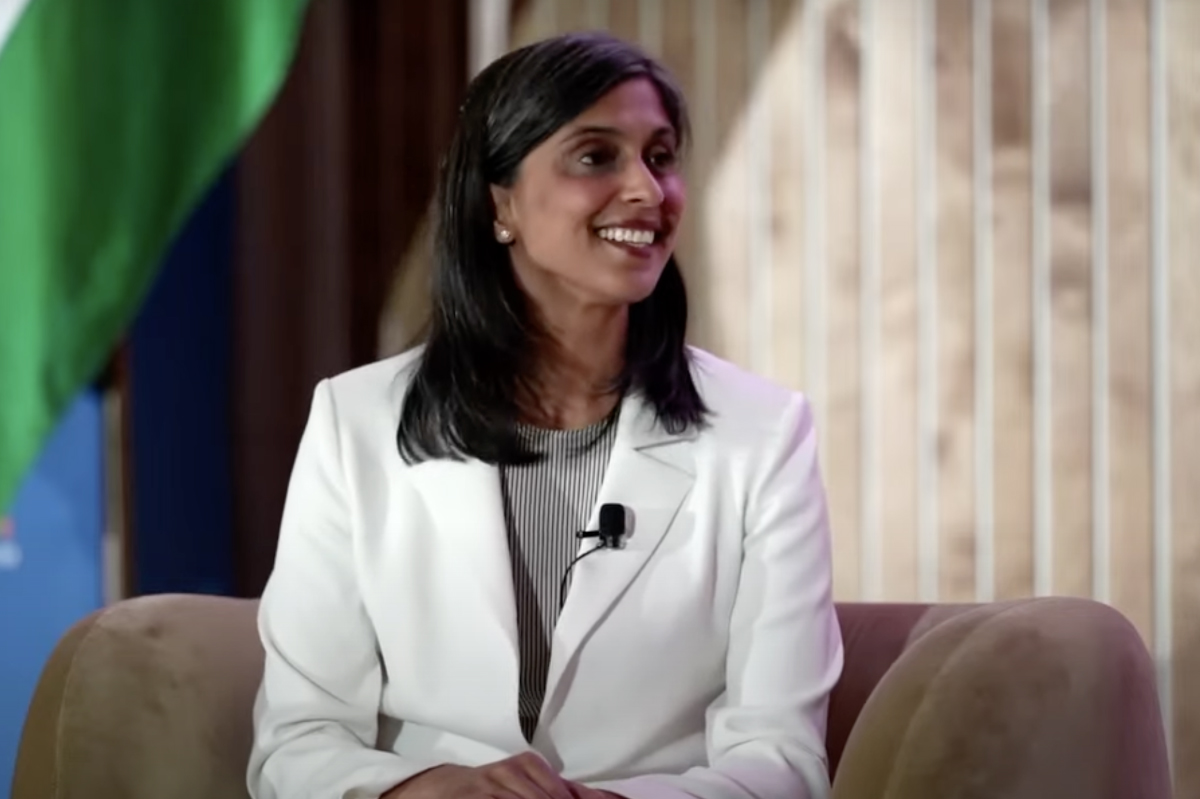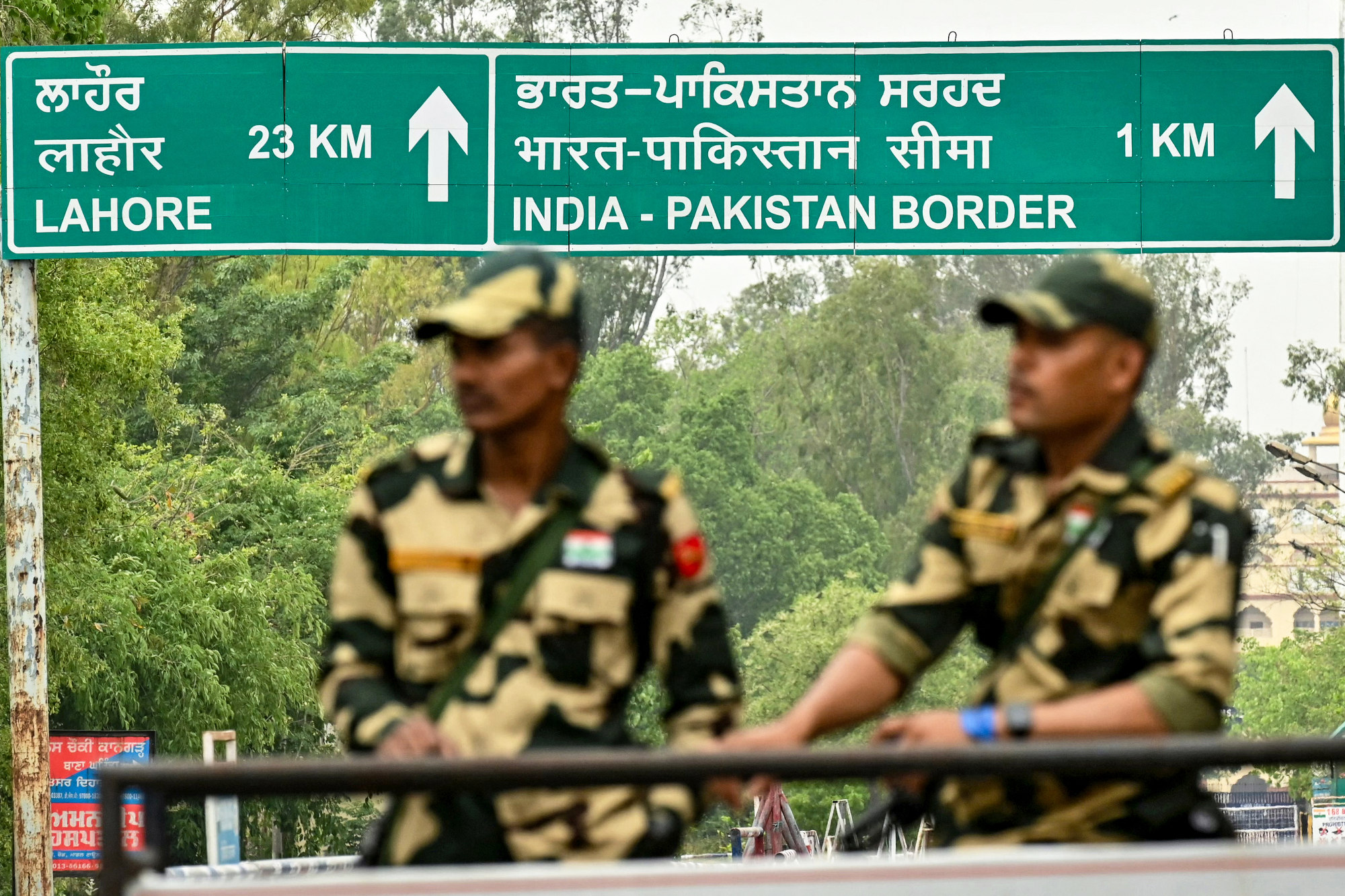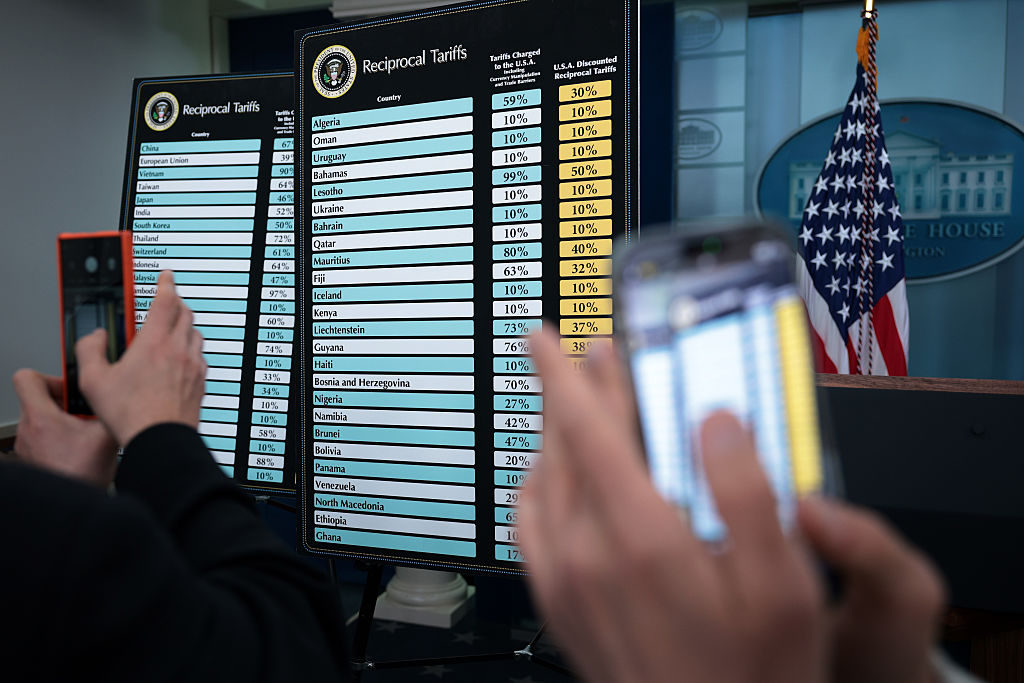India is not preparing for war, but picking up the newspapers in Delhi you could be forgiven for thinking otherwise. For weeks, the papers have been blowing the horns of retribution against Islamabad after a convoy of police officers was rammed by a suicide bomber in Kashmir. Since both sides acquired nuclear weapons, neither had sent a warplane to bomb the other — until last week. Friends in Europe send me anxious messages: isn’t it time to leave Delhi while I still can? The Americans I meet are all a bit jumpy. A couple I chat with at the Khan Market doubt the US Embassy can rescue them if all goes off the rails — or, as they say, ‘Fubar’ (‘Fouled’ up beyond all recognition). Food and water are being stockpiled. After Pakistan downs two Indian jet-fighters, the hysteria notches up a gear and nuclear apocalypse is just around the corner.
Fortunately, I’m spending three days in the company of India’s foreign policy intelligentsia, who are more relaxed. Pakistan, they say, has been a constant irritation since 1947 and will remain one after 2047. The two countries are locked in a ‘stable disequilibrium’: both have forces that want Indo-Pak relations to be on the edge, but not to go over it. For the retired foreign secretaries and ambassadors at my conference, this is a ritual rattling of sabres. It’s Groundhog Day.
Narendra Modi, mind you, is anything but calm. The Indian premier has been giving fiery speeches in the past weeks, promising revenge against the terrorists, including those ‘aiding and abetting them’ (read: Pakistan). He’s soaking the country in stories of soldierly virtues. For him, this is ‘New India’ — a country of muscular Hindu patriots with a big-dog attitude, not afraid of punching an annoying neighbor in the face. But this is something that doesn’t come naturally to the placid Indians. Modi’s lot struggle to find the right vocabulary to persuade Indians to march along to the new martial overture. At the India Habitat Centre, I listen to the party’s national general secretary, Ram Madhav, roaming through the history of ideas in search of the morality of war: Machiavelli, Plato, Confucius, Hindu scriptures. Yes, they all advise wisdom at times of conflict. But don’t they also support revenge, or ‘being bad against those who are bad against you’?
India is nearing a national election and Rahul Gandhi, chief of the Congress party, has been upbraiding Modi for warmongering. Isn’t it a wag-the-dog tactic — a political ploy to rescue Modi from his dwindling support? He has a point. Modi and his alliance have dropped in the polls, and if nothing changes, India will get a hung parliament after the election. And Modi can’t blame anyone but his own government. It’s been behind the curve on the country’s ‘agrarian crisis’ (falling crop prices) that’s hurting Modi-supporting farmers. Leaked government figures point to an increase in unemployment and, after a decade of high growth, people are now worried about problems that come on the heels of growing prosperity, like housing shortages. India’s economic growth isn’t shining anymore and the economic reformers who Modi brought into government in 2014 have left. His economic agenda is missing.
However, Indian voters aren’t falling in love with the Gandhis again. Congress has recovered from its collapse in 2014, but people still have reservations about Rahul. He’s no natural campaigner and has lately been outshone by his sister, Priyanka, who’s just entered politics. There is also too much about him that signals privilege, and the Congress party has become an easy target for India’s version of the alt-right: online zealots, often with connections to subterranean Hindu groups, who troll left-liberals such as Gandhi and accuse them of being ‘libtards’, ‘the Lutyens elite’ or ‘Macaulayputra’.
The West’s culture war has clearly come to India, and who better to explain the forces of the new politics than Boris Johnson? He arrives in Delhi to speak at the India Today Conclave at the Taj Palace hotel. Raj Chengappa, a veteran of Indian journalism, introduces Boris — but doesn’t exactly flatter him. Etonian, womanizer and companion of Donald Trump were among the themes in Raj’s introduction. Boris did a good job defending his liberal vision of the UK and the world. Few in Delhi have a fixed opinion about Brexit but they are alert to any cause in favor of self-government, especially when it comes from the country that for so long deprived India of it. What seemed to worry the audience more, though, was Boris’s tidy appearance. Raj quizzed him straight away: what had happened to his disheveled hair? Fortunately, Boris had calming news. Tamara, the House of Commons’ barber, had used the shears too aggressively, but his hair will grow out again.
In the break, someone joked that Boris looks like an eight-year-old but speaks like he is 80. I put that to Modi’s press adviser and ask if it’s a winning combination in an Indian election. He smiles and retorts that here it would be done the other way around: ‘You should look like you are 80 but speak like an eight-year-old.’
This article was originally published in The Spectator magazine.

























